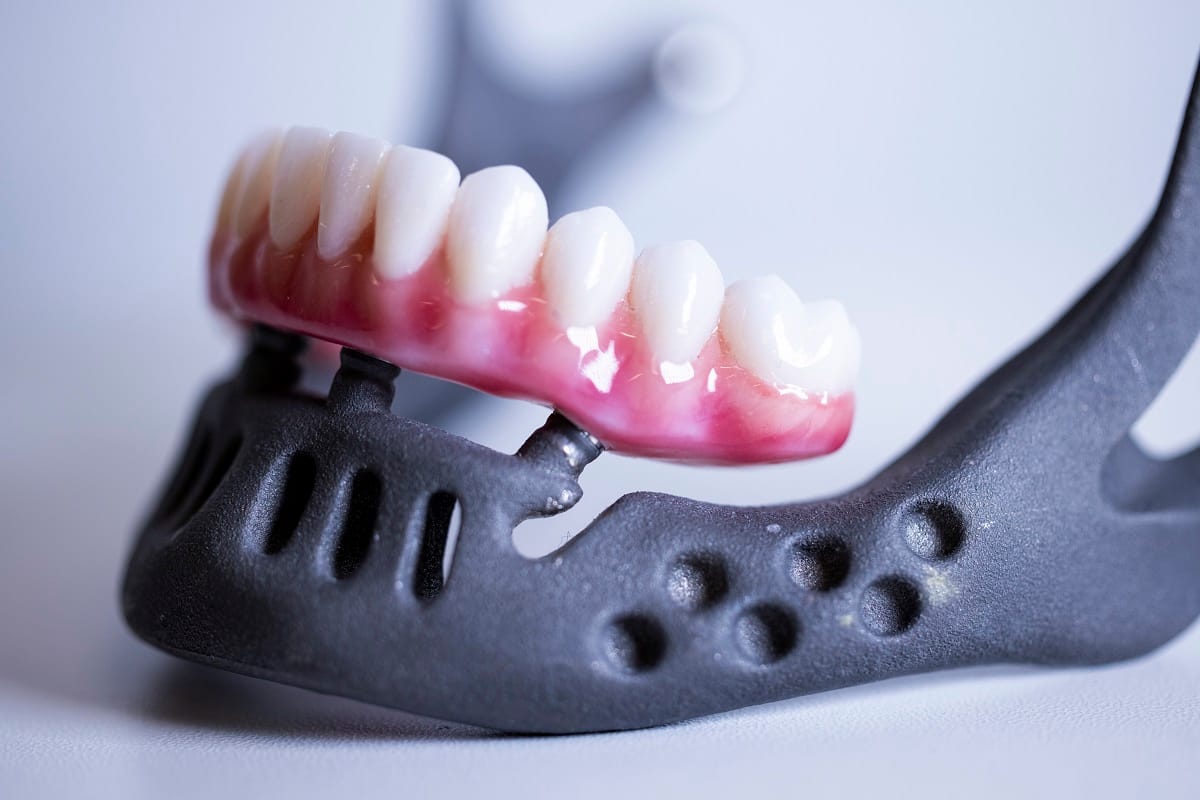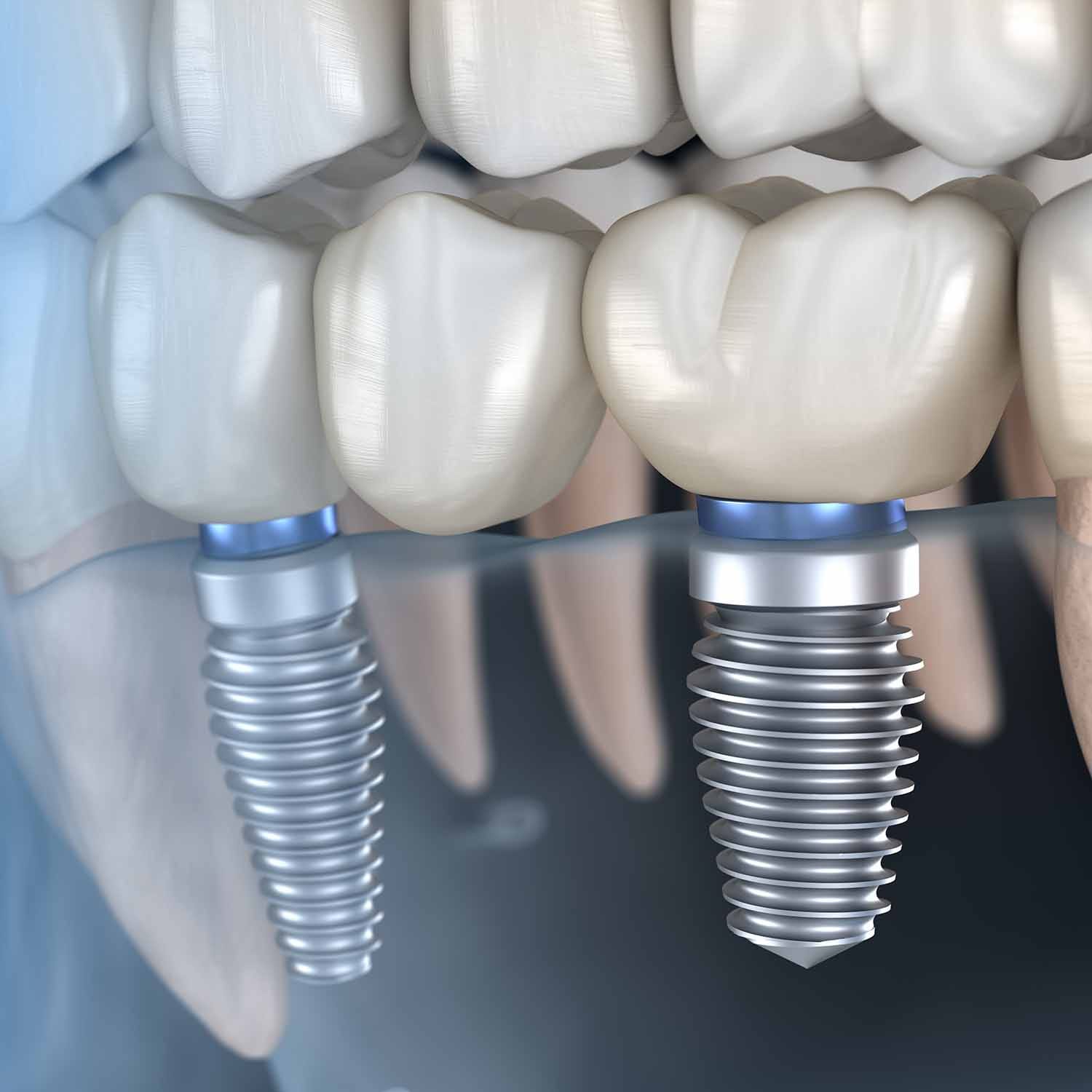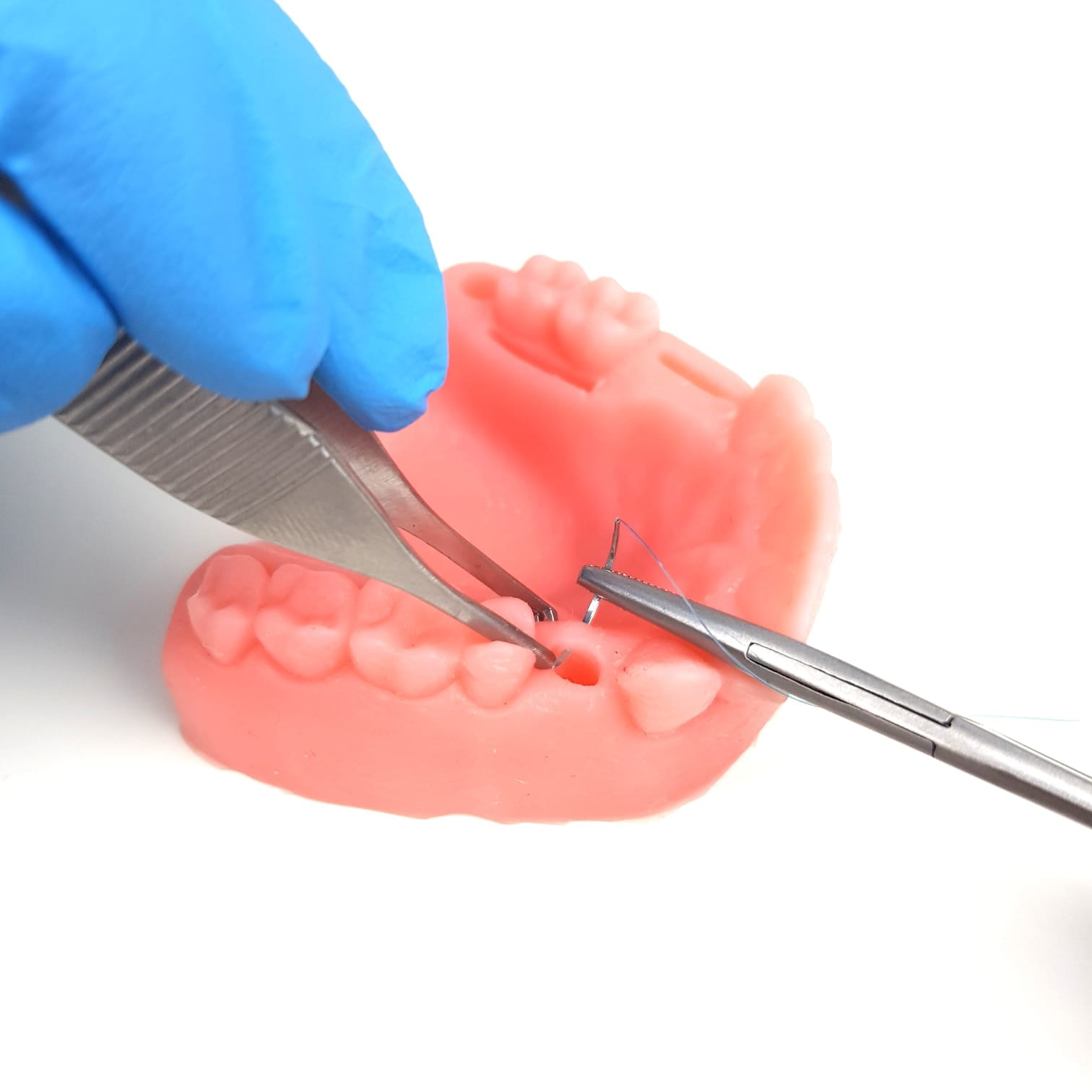Dental implants have revolutionized the field of dentistry, offering a reliable and aesthetically pleasing solution for those who have lost one or more teeth. Not only do dental implants restore the functionality of natural teeth, but they also enhance the overall appearance of your smile. This article explores the benefits, procedure, and considerations of dental implants, providing you with a comprehensive understanding of why they might be the perfect solution for you.
What Are Dental Implants?
Dental implants are prosthetic devices designed to replace missing teeth. They consist of three main components:
- Titanium Post: Surgically inserted into the jawbone, this post acts as the root of the artificial tooth.
- Abutment: A connector placed on top of the titanium post to hold the crown.
- Crown: The visible part of the implant, custom-made to match the appearance of natural teeth.
Materials Used in Dental Implants
Most dental implants are made from titanium or zirconium oxide:
- Titanium: Highly biocompatible, titanium integrates well with the jawbone through a process known as osseointegration.
- Zirconium Oxide: A ceramic material that is metal-free and less prone to temperature sensitivity, making it an excellent alternative for those with metal allergies.
Benefits of Dental Implants
Choosing dental implants comes with numerous advantages:
- Improved Appearance: Dental implants are designed to look and feel like your natural teeth. They fuse with the bone, preventing the sunken appearance that often accompanies tooth loss.
- Enhanced Comfort: Unlike dentures, which can slip and cause discomfort, dental implants are securely anchored in the jawbone, providing a stable and comfortable fit.
- Better Oral Health: Dental implants do not require the reduction of adjacent teeth, preserving more of your natural tooth structure and improving long-term oral health.
- Durability: With proper care, dental implants can last a lifetime. They are resistant to decay and disease, unlike natural teeth.
- Convenience: Dental implants eliminate the inconvenience of removing dentures and messy adhesives. They function just like natural teeth, allowing you to eat, speak, and smile with confidence.
The Dental Implant Procedure
Understanding the dental implant process can help alleviate any concerns you may have:
- Initial Consultation: The process begins with a thorough examination by your dentist to determine if you are a suitable candidate for dental implants. This includes X-rays and possibly a CT scan to assess your jawbone’s condition.
- Bone Grafting (if necessary): If your jawbone is not thick enough or too soft, a bone graft may be required. This procedure involves adding bone or bone-like materials to strengthen the jawbone.
- Implant Placement: Once your jawbone is ready, the titanium post is surgically inserted into it. This is followed by a healing period of several months during which the post integrates with the bone.
- Abutment Placement: After healing, an abutment is attached to the post. This serves as the base for the crown.
- Crown Placement: Finally, a custom-made crown is attached to the abutment. The crown is designed to match the color and shape of your natural teeth for a seamless appearance.
Considerations Before Getting Dental Implants
Before proceeding with dental implants, consider these key factors:
- Overall Health: Your general health significantly impacts implant success. Conditions such as diabetes or heart disease and habits like smoking can hinder healing.
- Bone Density: Adequate bone density is essential for implant stability. If significant bone loss has occurred, bone grafting may be necessary.
- Oral Hygiene: Maintaining excellent oral hygiene is vital for implant longevity. Regular brushing, flossing, and dental check-ups help prevent infections.
Common Myths About Dental Implants
Dispelling myths can clarify misconceptions surrounding dental implants:
- Myth 1: Dental Implants Are Painful
Many patients report minimal discomfort during the procedure—often comparable to a tooth extraction—thanks to local anesthesia and sedation options available. - Myth 2: Dental Implants Are Too Expensive
While initial costs may be higher than other tooth replacement options, their durability and low maintenance make them cost-effective over time. - Myth 3: Dental Implants Look Fake
Custom-made crowns ensure that dental implants match your natural teeth in appearance. When performed by skilled professionals, they are virtually indistinguishable from real teeth.
Conclusion
Dental implants offer a remarkable opportunity to regain your natural smile—providing a durable, comfortable, and aesthetically pleasing solution for missing teeth. By exploring their benefits, understanding the procedure involved, and considering essential factors before making a decision, you can confidently assess whether dental implants are right for you. Consult with your dentist today to explore this life-changing option and take your first step towards restoring both your smile and confidence!
Official Resources
For more information on dental implants, consider visiting these official websites:
- American Academy of Implant Dentistry
- MouthHealthy – Oral Health Information from the ADA
- FDA – Dental Implants: What You Should Know
These resources provide valuable insights into dental implants’ safety, effectiveness, and ongoing advancements in implant dentistry.














